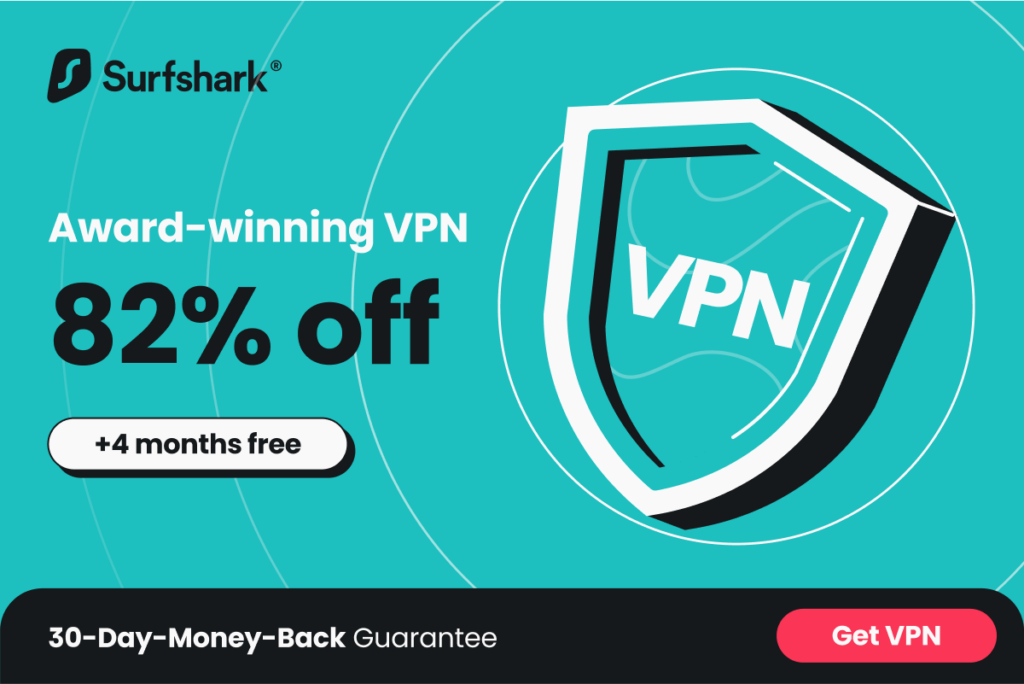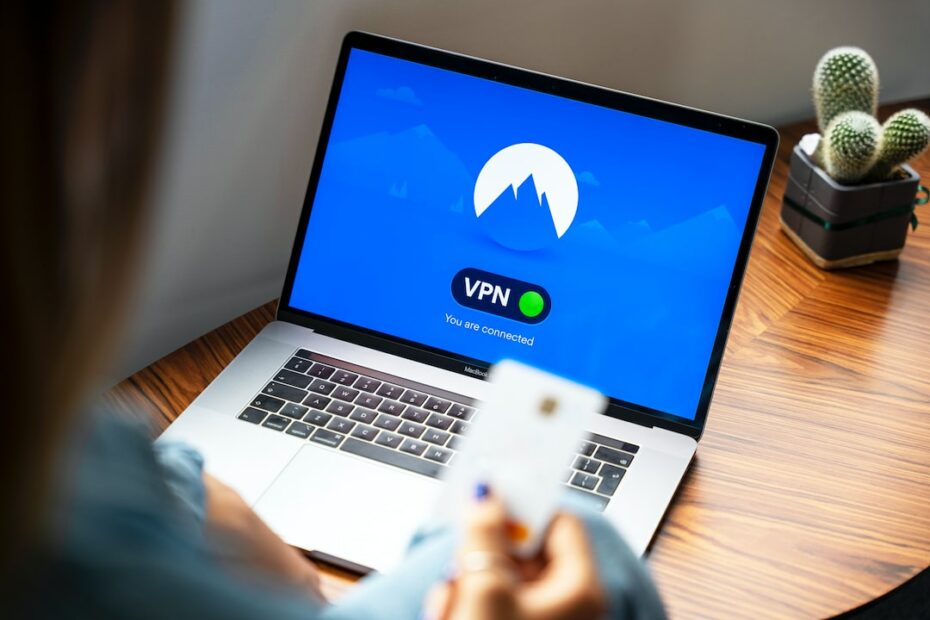Introduction: Understanding the Importance of Security in Streaming
In today’s digital age, streaming has become an integral part of our entertainment consumption. Whether it’s watching movies, TV shows, or live sports events, streaming platforms have revolutionized the way we access and enjoy content. However, with the increasing popularity of streaming, there are also growing concerns about security and privacy. This is where Kodi, a popular media player, comes into play.
Kodi is an open-source media player that allows users to stream content from various sources, including online streaming services, local storage, and network-attached storage. It has gained immense popularity due to its user-friendly interface, extensive customization options, and compatibility with a wide range of devices. However, with the rise in streaming, there has also been an increase in security threats and privacy concerns.
What is Kodi and How Does it Work?
Kodi is a free and open-source media player software that was originally developed for the Xbox gaming console. It has since evolved into a powerful media center that can be installed on various devices, including smartphones, tablets, computers, and streaming boxes. Kodi allows users to organize and play their media files, including videos, music, and photos, in a user-friendly interface.
One of the key features of Kodi is its ability to stream content from various sources. Users can install add-ons, which are like plugins, to access streaming services, such as Netflix, Hulu, and Amazon Prime Video, directly from within Kodi. This eliminates the need to switch between different apps or platforms, providing a seamless streaming experience.
Kodi also supports a wide range of file formats and codecs, making it compatible with almost any type of media file. It can play videos in high-definition and even 4K resolution, providing users with a superior viewing experience. Additionally, Kodi allows users to customize their media library, create playlists, and apply various visualizations and skins to personalize their streaming experience.
The Risks of Streaming Without a VPN
While Kodi offers a convenient and versatile streaming experience, it also comes with certain risks, especially when used without a VPN (Virtual Private Network). Streaming without a VPN exposes your online activities to potential security threats and privacy concerns.
One of the main risks of streaming without a VPN is the potential for your internet service provider (ISP) to monitor and track your online activities. ISPs have the ability to see what websites you visit, what content you stream, and even your IP address. This information can be used to target you with personalized ads or even sold to third parties without your consent.
Another risk of streaming without a VPN is the potential for hackers and cybercriminals to intercept your internet traffic and gain access to your personal information. When you stream content without encryption, your data is vulnerable to interception, which can lead to identity theft, financial fraud, and other cybercrimes.
How a VPN Can Protect Your Privacy and Security
A VPN, or Virtual Private Network, is a technology that creates a secure and encrypted connection between your device and the internet. When you connect to a VPN server, all of your internet traffic is routed through an encrypted tunnel, making it virtually impossible for anyone to intercept or monitor your online activities.
By using a VPN, you can protect your privacy and security while streaming content on Kodi. A VPN encrypts your internet traffic, making it unreadable to anyone who may try to intercept it. This ensures that your personal information, such as your IP address, browsing history, and online activities, remains private and secure.
Additionally, a VPN can help you bypass geo-restrictions and access content that may be blocked in your region. Many streaming services, such as Netflix and Hulu, have different libraries of content for different countries. By connecting to a VPN server in a different country, you can trick these services into thinking that you are located in that country, allowing you to access their full range of content.
Benefits of Using a VPN with Kodi
Using a VPN with Kodi offers several benefits that can enhance your streaming experience and provide you with peace of mind.
First and foremost, a VPN protects your privacy and security by encrypting your internet traffic. This means that even if someone manages to intercept your data, they won’t be able to decipher it. This is especially important when streaming content on Kodi, as it ensures that your personal information and online activities remain private and secure.
Another benefit of using a VPN with Kodi is the ability to bypass geo-restrictions and access content that may be blocked in your region. Many streaming services, such as Netflix, Hulu, and BBC iPlayer, have different libraries of content for different countries. By connecting to a VPN server in a different country, you can trick these services into thinking that you are located in that country, allowing you to access their full range of content.
Additionally, a VPN can help you avoid ISP throttling, which is when your internet service provider intentionally slows down your internet connection. This is often done to manage network congestion or to prioritize certain types of traffic, such as video streaming. By using a VPN, you can encrypt your internet traffic and prevent your ISP from seeing what you are doing online, making it difficult for them to throttle your connection.
How to Choose the Right VPN for Kodi
When choosing a VPN for Kodi, there are several factors to consider to ensure that you get the best possible experience.
First and foremost, you should look for a VPN that offers strong encryption and a strict no-logs policy. Encryption ensures that your internet traffic is secure and private, while a no-logs policy means that the VPN provider does not keep any records of your online activities. This ensures that even if the VPN provider is compelled to hand over data to authorities, there will be no information to provide.
You should also consider the number and location of VPN servers. The more servers a VPN has, the more options you have for connecting to different locations. This is especially important if you want to bypass geo-restrictions and access content that may be blocked in your region. Additionally, you should look for VPN servers in countries that have strong privacy laws and are not part of any intelligence-sharing alliances.
Another important factor to consider is the speed and performance of the VPN. Streaming content requires a fast and stable internet connection, so you should choose a VPN that offers high-speed servers and minimal latency. Some VPN providers even offer dedicated streaming servers that are optimized for streaming content, ensuring a smooth and buffer-free experience.
Setting Up a VPN with Kodi: Step-by-Step Guide
Setting up a VPN with Kodi is relatively straightforward and can be done in a few simple steps. Here is a step-by-step guide on how to set up a VPN with Kodi:
1. Choose a VPN provider: Start by choosing a reputable VPN provider that meets your needs in terms of encryption, server locations, and speed.
2. Sign up and download the VPN app: Sign up for a subscription with the VPN provider and download the app for your device. Most VPN providers offer apps for a wide range of devices, including smartphones, tablets, computers, and streaming boxes.
3. Install and launch the VPN app: Install the VPN app on your device and launch it. You will be prompted to log in with your VPN credentials.
4. Connect to a VPN server: Once you are logged in, choose a VPN server to connect to. If you want to bypass geo-restrictions, choose a server in a country where the content you want to access is available.
5. Verify your connection: After connecting to a VPN server, verify that your connection is secure by checking your IP address. You can do this by visiting a website, such as whatismyip.com, which will display your current IP address.
6. Open Kodi and start streaming: Once your VPN connection is established, open Kodi and start streaming your favorite content. Your internet traffic will be encrypted and your online activities will remain private and secure.
Troubleshooting Common VPN Issues with Kodi
While setting up a VPN with Kodi is generally a straightforward process, there may be some common issues that you may encounter. Here are some common VPN issues with Kodi and their solutions:
1. Slow internet connection: If you experience a slow internet connection after connecting to a VPN server, try connecting to a different server. Some VPN servers may be overloaded or have high latency, which can affect your internet speed.
2. Buffering or playback issues: If you experience buffering or playback issues while streaming content on Kodi, try connecting to a VPN server that is closer to your physical location. This can help reduce latency and improve your streaming experience.
3. DNS leaks: A DNS leak occurs when your device uses your ISP’s DNS servers instead of the VPN’s DNS servers. This can expose your online activities to your ISP, even if you are connected to a VPN. To fix this issue, you can manually configure your device to use the VPN’s DNS servers or use a VPN provider that offers built-in DNS leak protection.
Other Ways to Enhance Your Streaming Security
In addition to using a VPN with Kodi, there are several other ways to enhance your streaming security and protect your privacy.
One of the simplest ways to enhance your streaming security is to keep your Kodi software and add-ons up to date. Developers regularly release updates that fix security vulnerabilities and improve performance. By keeping your software and add-ons up to date, you can ensure that you are using the latest and most secure versions.
Another way to enhance your streaming security is to use reputable and trusted add-ons. While Kodi allows users to install third-party add-ons, not all add-ons are created equal. Some add-ons may contain malicious code or access unauthorized content, putting your device and personal information at risk. Stick to add-ons from reputable sources and read user reviews before installing them.
Additionally, you should be cautious when downloading and installing add-ons from unknown sources. Malicious actors often distribute fake or modified versions of popular add-ons that contain malware or spyware. Stick to official sources, such as the Kodi repository or trusted third-party repositories, to ensure that you are downloading legitimate and safe add-ons.
Conclusion: Why a VPN is a Must-Have for Kodi Users
In conclusion, using a VPN with Kodi is essential for protecting your privacy and security while streaming content. A VPN encrypts your internet traffic, making it unreadable to anyone who may try to intercept it. This ensures that your personal information and online activities remain private and secure.
Additionally, a VPN allows you to bypass geo-restrictions and access content that may be blocked in your region. By connecting to a VPN server in a different country, you can trick streaming services into thinking that you are located in that country, allowing you to access their full range of content.
When choosing a VPN for Kodi, consider factors such as encryption, server locations, speed, and performance. Look for a VPN provider that offers strong encryption, a strict no-logs policy, and a wide range of server locations. Additionally, choose a VPN that offers high-speed servers and minimal latency to ensure a smooth and buffer-free streaming experience.
By following these guidelines and using a VPN with Kodi, you can enhance your streaming security and enjoy a seamless and secure streaming experience.
If you’re using Kodi to stream content, it’s important to consider using a VPN for added security and privacy. VPNs can help protect your online activities from prying eyes and prevent your ISP from throttling your connection. In fact, a recent article on VPN Investigation explores how VPNs impact remote work and the benefits they provide in terms of security and productivity. To learn more about this topic, check out the article here.




